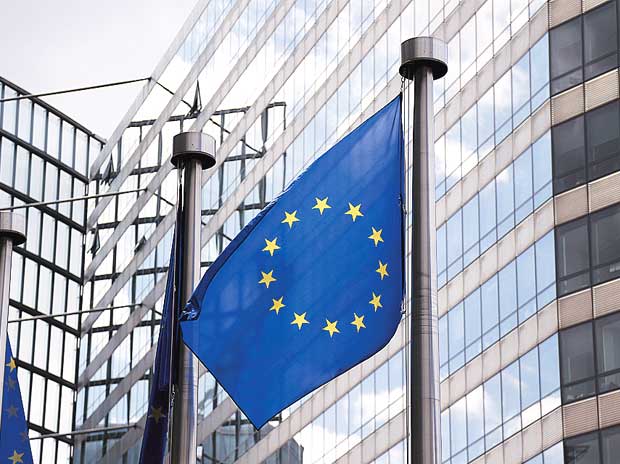Eurozone inflation accelerates to 3.4% YoY in Sept, hits 13-year high

Eurozone inflation accelerated to 3.4 per cent year-on-year (y-o-y) in September, reaching a 13-year high, according to a flash estimate published on Friday by Eurostat, the statistical office of the European Union (EU).
Energy prices were still the main driver of inflation in the 19-member eurozone, increasing by 17.4 per cent y-o-y, Xinhua news agency reported.
Food, alcohol and tobacco, and non-energy industrial goods prices all recorded a 2.1 percent yearly growth. Services price growth accelerated to 1.7 per cent in September.
In August, the yearly inflation rate had already broken a ten-year record at three per cent.
According to Carsten Brzeski, global head of macro research at ING, although inflation rates in the eurozone are still mainly driven by temporary factors, such as high energy prices, the German value-added tax (VAT) reversal and a general hike in prices following the reopening of economies, there are signs that this high inflation rate could be more persistent than originally expected.
“We see two kinds of second-round effects materialising,” said Brzeski. The first is that producers will be passing on higher production costs to consumers instead of reducing their margins, as they previously did.
“The second pass-through channel will be wages. The mismatch in the labor market between the lack of skilled workers and still high unemployment rates as well as a re-regionalization of production as a result of supply chain frictions could give rise to higher wages,” Brzeski said.
The European Central Bank (ECB), which over the past few months has described the post-lockdown inflation hikes as temporary, is now taking things more seriously. The ECB’s own inflation previsions have been consistently too low.
Whether the ECB will take action to contain inflation remains to be seen, according to Brzeski.
The ECB’s goal is to guarantee price stability across the eurozone, aiming at a consistent two percent inflation rate.
–IANS
int/shs
(Only the headline and picture of this report may have been reworked by the Business Standard staff; the rest of the content is auto-generated from a syndicated feed.)
 Dear Reader,
Dear Reader,
Business Standard has always strived hard to provide up-to-date information and commentary on developments that are of interest to you and have wider political and economic implications for the country and the world. Your encouragement and constant feedback on how to improve our offering have only made our resolve and commitment to these ideals stronger. Even during these difficult times arising out of Covid-19, we continue to remain committed to keeping you informed and updated with credible news, authoritative views and incisive commentary on topical issues of relevance.
We, however, have a request.
As we battle the economic impact of the pandemic, we need your support even more, so that we can continue to offer you more quality content. Our subscription model has seen an encouraging response from many of you, who have subscribed to our online content. More subscription to our online content can only help us achieve the goals of offering you even better and more relevant content. We believe in free, fair and credible journalism. Your support through more subscriptions can help us practise the journalism to which we are committed.
Support quality journalism and subscribe to Business Standard.
Digital Editor
business-standard.com

